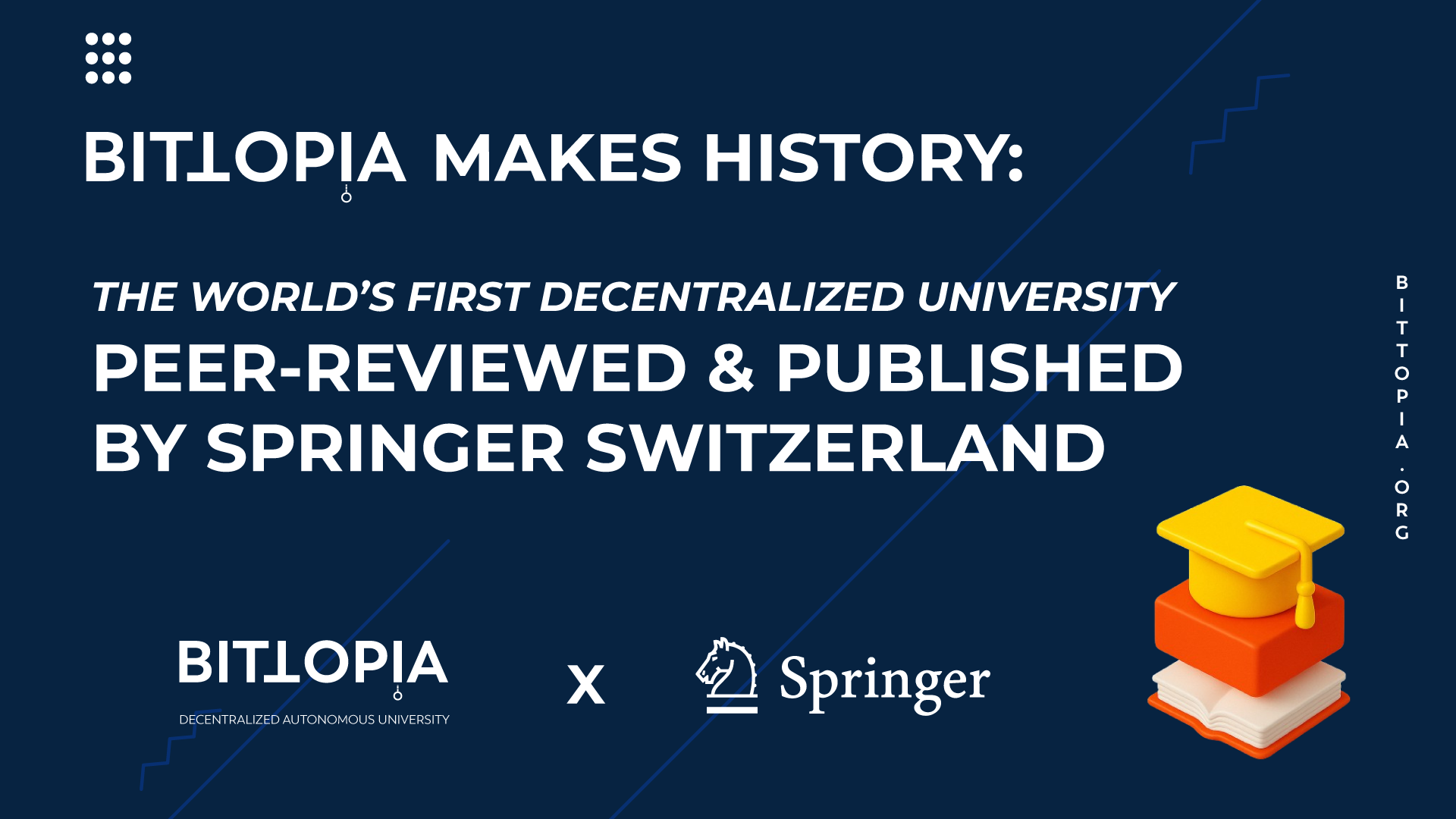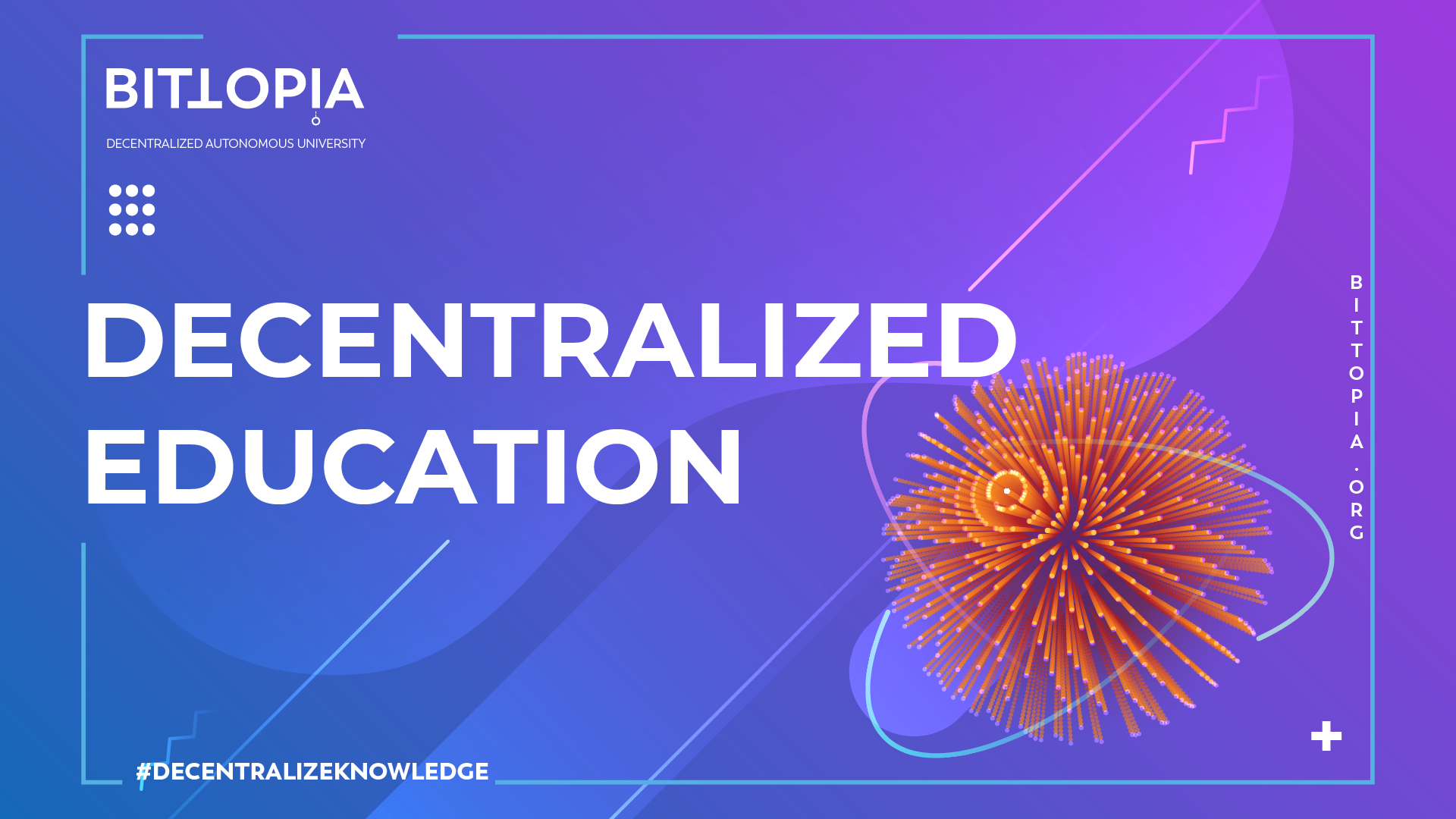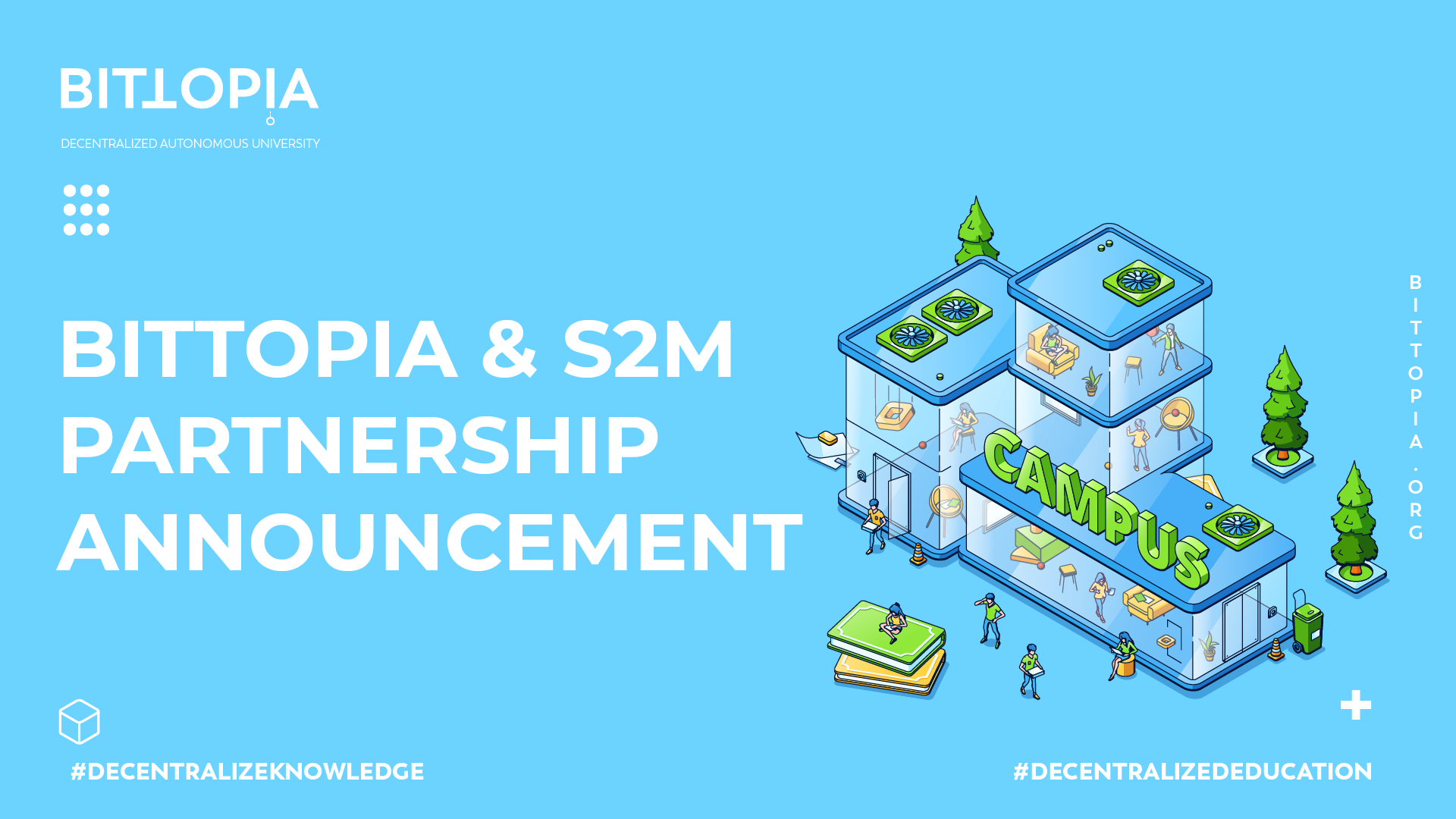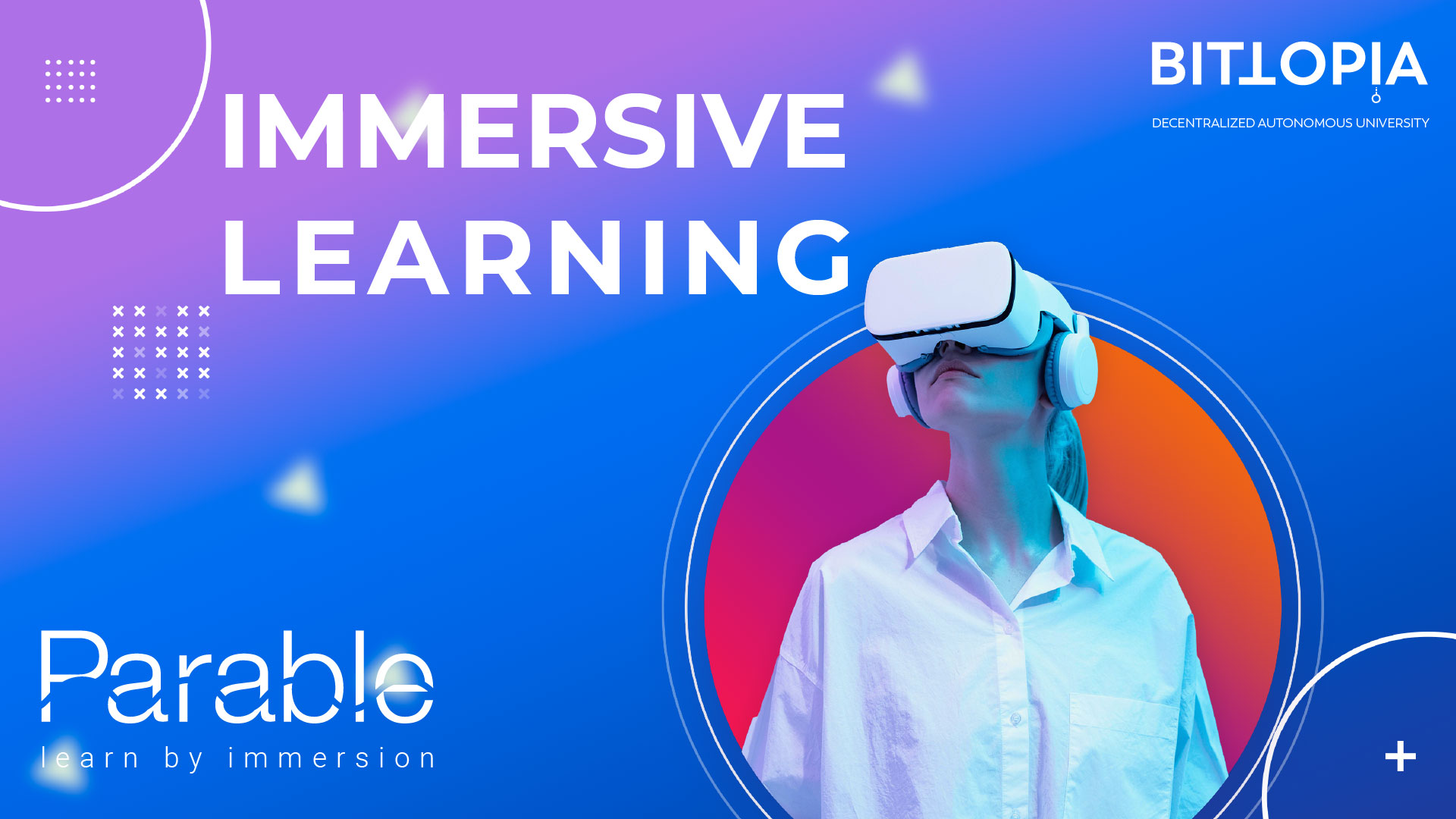Bittopia Makes History: The World’s First Decentralized University Peer-Reviewed & Published by Springer Switzerland
Mar 13, 2025 · 4 min read

In a landmark moment at the intersection of decentralized innovation and academic tradition, Bittopia University has become the first decentralized university to be peer-reviewed and published by Springer Nature—widely regarded as the gold standard of scholarly publishing. The paper, released through the Advanced Research in Technologies, Information, Innovation and Sustainability (ARTIIS) conference proceedings, formally introduces a new academic model: the Decentralized Autonomous University (DAU)—with Bittopia at the helm.
For years, we’ve heard that education is ripe for disruption. Now we’re not just saying it, we’re publishing it. Academia has recognized what our community already knows: the future of learning is decentralized.
A First for Academia and a Signal to the World
The Springer publication isn’t just a badge of prestige, it’s proof. It confirms that decentralized education is no longer speculative or fringe. It’s real, it’s functional, and it’s now academically validated. The peer-reviewed paper outlines how Decentralized Autonomous Universities (DAUs) can transform education by replacing bureaucracy with transparency, and passive learning with meaningful, incentivized participation.
This recognition places Bittopia at the forefront of a new academic era, one that brings together blockchain infrastructure, AI-powered dynamic learning, gamified education, AR/VR immersion, and decentralized governance into a unified framework for limitless, borderless education.
Bittopia positions students as primary stakeholders… combining innovation, transparency, and sustainability in ways that centralized models cannot.
Inside the Framework: What the Paper Proposes
The paper, titled “Decentralized Education and Incentivization: A Study of Decentralized Autonomous Universities,” outlines several core concepts introduced by Bittopia:
- DAUs (Decentralized Autonomous Universities)
Fully autonomous educational institutions governed by decentralized protocols, where high-ranking students, oracles, and contributors with skin in the game help shape decisions. - DAS (Decentralized Autonomous Societies)
A new model for university governance—transparent, secure, and decentralized. DAS distribute decision-making power among students, mentors, and contributors. - DACs (Decentralized Autonomous Courses)
Independent courses with their own treasuries and incentive structures. - AI-Powered Personalized Learning
Adaptive mentors and custom learning pathways that adjust to each learner’s pace and goals. - Incentivized Learning Models
A system where students are rewarded for contributions and progress. - Governance Architecture
A reputation-based system for community decision-making.
These aren’t just ideas on paper. They’ve already been implemented—setting Bittopia apart from the usual whitepaper promises.
Why This Moment Matters: Investors, Educators, and Governments
With this academic recognition, Bittopia moves from a bold startup vision to a recognized institutional precedent. Governments exploring educational reform now have a peer-reviewed model to reference. Investors can point to academic validation as part of their due diligence. And universities worldwide have a framework they can adopt to transition from traditional models to DAO-aligned, decentralized ecosystems.
The question is no longer if decentralized universities will emerge, it’s how fast the world will catch up.
From Publication to Worldwide Adoption
Already, Bittopia is attracting attention from other journals, academic institutions, and research platforms interested in advancing the conversation. Interest is growing rapidly, from educators and university leaders to Web3 innovators and policymakers. The momentum is not just building, it’s accelerating.
This is just the beginning. Bittopia is empowering the next generation of students, creators, and teachers to co-own, co-create, and reimagine the future of education.
🧠 Open Knowledge, Peer-Validated
The paper is freely available under the Creative Commons Attribution 4.0 International License, ensuring open access to researchers, institutions, and builders around the world.
Peer-reviewed. Officially recognized. Published. The blueprint is now academic canon.
🔗 Springer DOI
https://doi.org/10.1007/978-3-031-84078-4_27Published in: ARTIIS 2024
Part of the Communications in Computer and Information Science series (CCIS, vol 2347), Springer, Cham, Switzerland
First published online: March 13, 2025
Authors: Danny van Bijlevelt & Amin Rafiee
Related news

Decentralized Education

